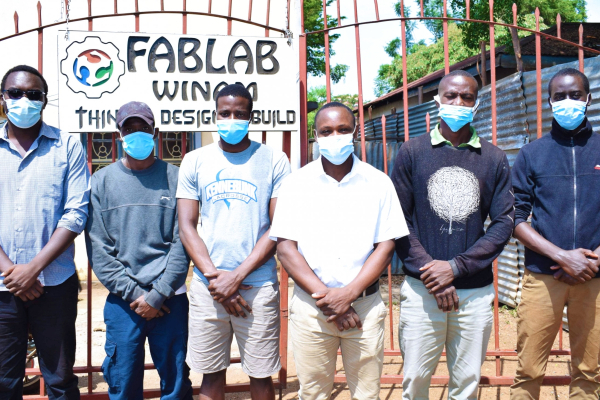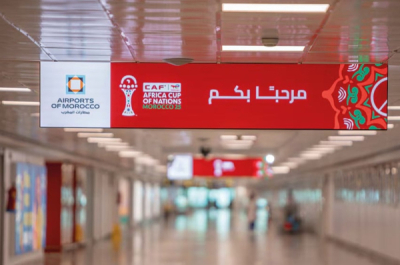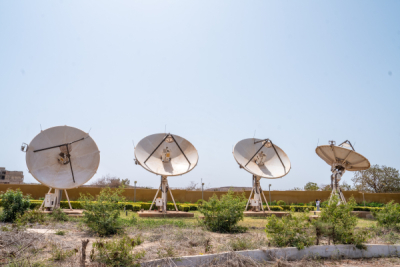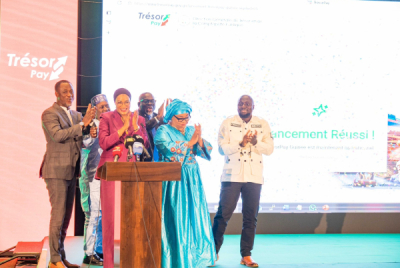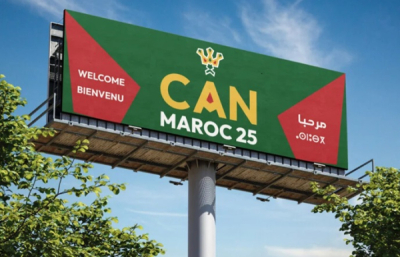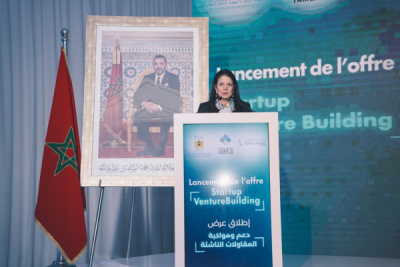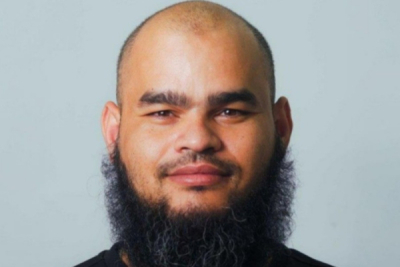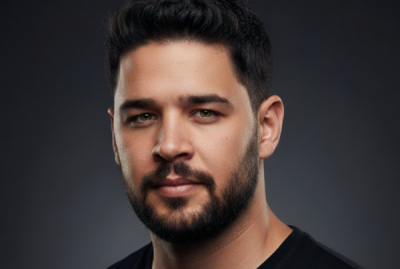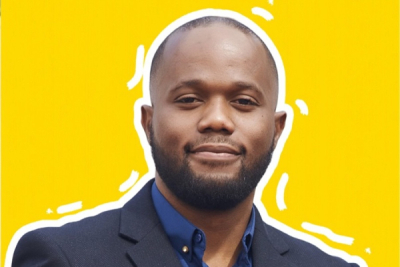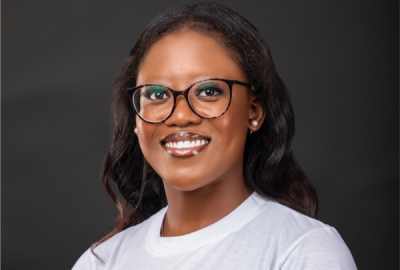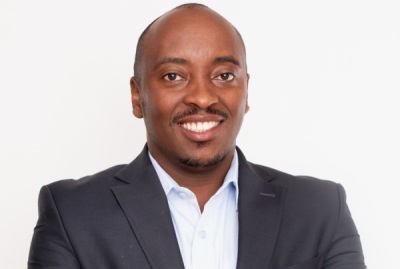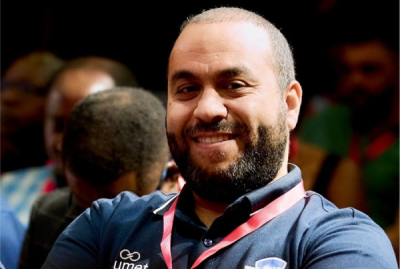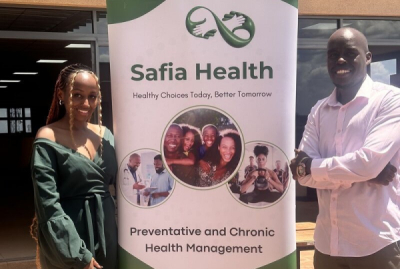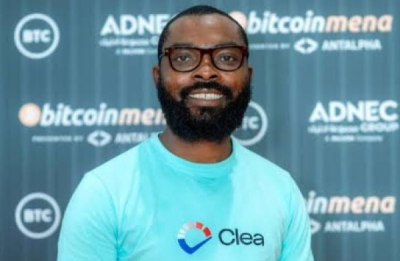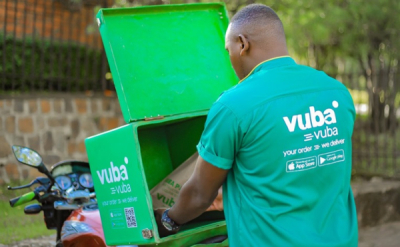In Kenya, Fablab Winam promotes manufacturing, research, and education. It offers designers, artists, scientists, engineers, and students an open-access laboratory to stimulate their creativity.
Fablab Winam is a material innovation and digital fabrication makerspace created in Kenya to enable people with creative ideas to come together to share solutions and tools for prototyping and startup incubation.
The lab was founded in 2018 by Martin Oloo, a former Fab Academy graduate. The founder is also the lab's managing director, overseeing its operations and partnerships. His vision is to create a culture of manufacturing, collaboration, and creativity, among other things, in the country.
Fablab Winam offers a range of services, including training in 2D and 3D printing, laser cutting, vinyl cutting, circuit production, fabrication, prototyping, mentoring, and consulting. It also organizes various programs to educate and inspire different groups of people.
The first is the STEAM (Science, Technology, Engineering, Arts and Mathematics) Fab Kids program designed for children and early high school students. It offers virtual courses in Scratch programming, Arduino circuits and programming, web development (WordPress), and 2D and 3D modeling.
The next is the Fab Design Academy, which aims to improve the design skills of local manufacturers and producers to produce competitive items for the market. There's also the Jua Kali Plus project, which supports Jua Kali artisans (workers in the informal sector) to improve the quality of their products and produce spare parts locally.
Fablab Winam also organizes Fab Internships, a program that builds students' practical skills before sending them on internships with local companies. It is also the first Kenyan fablab outside Nairobi to host the Fab Academy, an online course on digital fabrication.
Fablab Winam also hosts monthly events such as International Youth Day, which teaches topics such as energy efficiency, sustainable agriculture, the circular economy, green building and design, water management, and much more.
In 2022, the fablab helped over 300 people and completed more than 100 projects. The lab has also received recognition and support from various organizations, such as AfriLabs, ICT Authority, Liquid Telecom, Africa Open Science Hardware, and Shuttleworth Foundation, among others.
Melchior Koba


